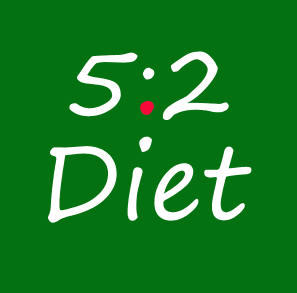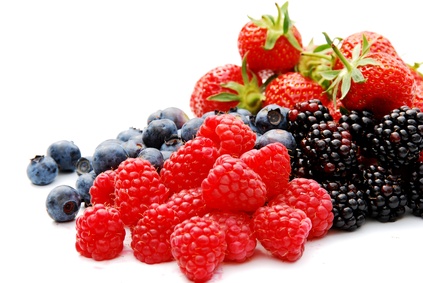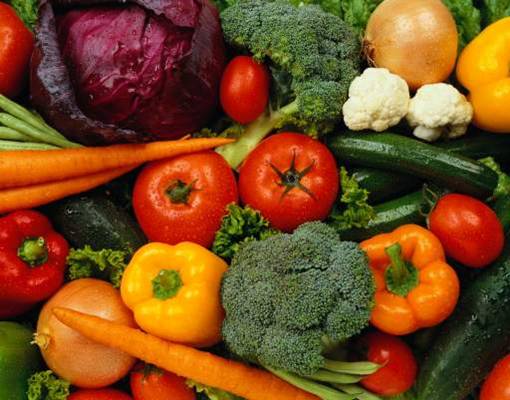-
Breaking News! Intermittent Fasting for Weight Loss
Sunday, June 29th, 2025by Alice Smith, Diet Counselor
The latest diet news seems to be that an intermittent fasting diet, which means eating fruits and vegetables while limiting sugary and processed snacks, will lead to weight loss that lasts.
What Is Intermittent Fasting?
Intermittent fasting involves cycling between periods of eating and fasting. Proponents say intermittent fasting is a safe and effective way to lose weight and improve your health. They believe it’s easier to adhere to than other diets and offers more flexibility than traditional calorie-restricted diets.
“Intermittent fasting is a way of reducing calories by restricting one’s intake for several days each week, and then eating regularly the rest of the week, rather than focusing on permanent calorie limits,” says one dietician.
It’s important to keep in mind that intermittent fasting is a concept, not a specific diet. Intermittent fasting is an eating pattern that includes periods of fasting and non-fasting over defined periods of time. There are different forms of intermittent fasting.
Time-Restricted Eating
One of the more popular approaches is called time-restricted eating. It calls for eating only during an eight-hour window, and fasting the remaining 16 hours of the day. It can help to decrease calorie intake but also allows the body to rest between meals.
Another popular approach is the 5:2 plan, in which you follow a normal, healthy meal pattern for five days a week. The other two days a week, you consume only one meal of between 500 and 700 calories each day. This allows the body to rest as well as cut down on calories we consume as a whole throughout the week.
Research suggests that intermittent fasting is associated with weight loss, improved cholesterol, blood sugar control and decreased inflammation.
“Preclinical and clinical trials have shown that intermittent fasting has broad-spectrum benefits for many health conditions, such as obesity, diabetes, cardiovascular disease, cancers and neurologic disorders,” according to a study published in the New England Journal of Medicine in 2019.
Whatever method of intermittent fasting you choose, it’s important to apply the same basic nutrition principles to intermittent fasting as to other healthy eating plans. These principles may be even more critical since you are going for more extended periods without food, which can result in overeating for some individuals during the periods when you are allowed to eat.
Guiding Principles for Intermittent Fasting
- Consume minimally processed foods most of the time.
- Eat a balance of vegetables, lean protein, fruit, healthier carbohydrates and healthy fats.
- Create delicious, flavorful meals that you enjoy.
- Eat your meals slowly and mindfully, until you feel satisfied.
Intermittent fasting diets don’t mandate specific menus. However, if you’re adhering to good eating principles, there are certain types of foods that are best to consume and a few you should limit.
First, three foods you should be sure to eat on an intermittent fasting diet include:
- Fruit
- Lean proteins
- Vegetables
As with any diet regimen, it’s important to take in highly nutritious foods while practicing periodic fasting. Fruits and vegetables are loaded with vitamins, minerals, phytonutrients (plant nutrients) and fiber.
These vitamins, minerals and nutrients can help reduce cholesterol levels, maintain bowel health and control blood sugar. Another positive is that fruits and vegetables are low in calories.
Doctors recommend that for a 2,000-calorie-a-day diet, most people should eat about 2 cups of fruit daily.
Healthy Fruit
Examples of healthy fruit you should eat when intermittently fasting include:
- Peaches
- Pears
- Plums
- Oranges
- Melon
- Apples
- Apricots
- Blueberries
- Blackberries
- Cherries
Lean Proteins
Eating lean protein keeps you feeling full longer than consuming other foods and will help you maintain or build muscle. Examples of healthy and lean protein sources are:
- Beans, peas and lentils
- Fish and shellfish
- Tofu and tempeh
- Chicken breast
- Plain Greek yogurt
Vegetables
Vegetables are a key part of an intermittent fasting regimen. Research shows that a diet rich in leafy greens may reduce your risk of Type 2 diabetes, cancer, heart disease and more. Doctors believe that on a 2,000-calorie-a-day diet, most people should eat 2.5 cups of vegetables on a daily basis. Recommended vegetables to support an intermittent fasting plan include:
- Carrots
- Broccoli
- Tomatoes
- Cauliflower
- Green beans
Leafy Greens
Leafy greens are also a healthy choice, as they supply lots of nutrients and fiber. Try to add the following to your diet:
- Cabbage
- Collard greens
- Arugula
- Kale
- Spinach
- Chard
Foods to Limit (or Eliminate)
There are certain foods that aren’t as good to consume as part of an intermittent fasting regimen. You should limit (or eliminate entirely) foods that are calorie-dense and contain high amounts of added sugars, heart-unhealthy saturated fat and salt. To maintain a healthy intermittent eating regimen, limit these foods:
- Pretzels and crackers
- Snack chips
Sugary Foods to Avoid
You should also avoid foods that are high in added sugar. Sugar that comes in processed foods and drinks is barren of nutrition and is nothing more than sweet, empty calories, which is not what a person who fasting intermittently needs. Examples of sugary foods you should limit if you’re engaging in intermittent fasting include:
- Fruit drinks
- Highly sweetened coffee and teas
- Sugary cereals with little fiber
- Granola
- Cookies
- Candy
- Cakes
In conclusion, intermittent fasting or time-restricted eating (reducing the number of hours a person is allowed to eat during the day) may achieve slimming, even without cutting calories, provided the right foods are consumed. It is the latest weight loss diet that everyone is talking about!
(published June 26, 2021)








